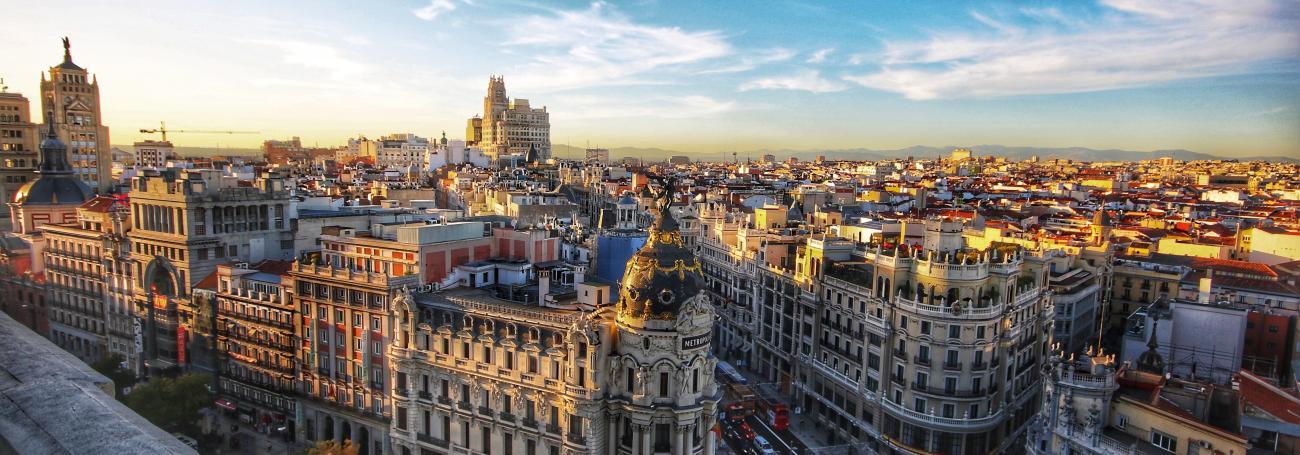
Adosten is a private, non-profit entity, established in July 2010 dedicated to mediation and restorative processes as alternative conflict resolution.


Adosten is a private, non-profit entity, established in July 2010 dedicated to mediation and restorative processes as alternative conflict resolution.
The 3 people that make up the DOI ELKARTEA driving team represent the 3 strategic dimensions, among which they intend to create synergies towards high-impact innovation: social (Irene Jiménez, student at UPV / EHU), educational (Aritza López de Guereño, professor at the UPV / EHU) and business (Maiteder Estévez, alumnus of the UPV / EHU, worker at Lantegi Batuak).
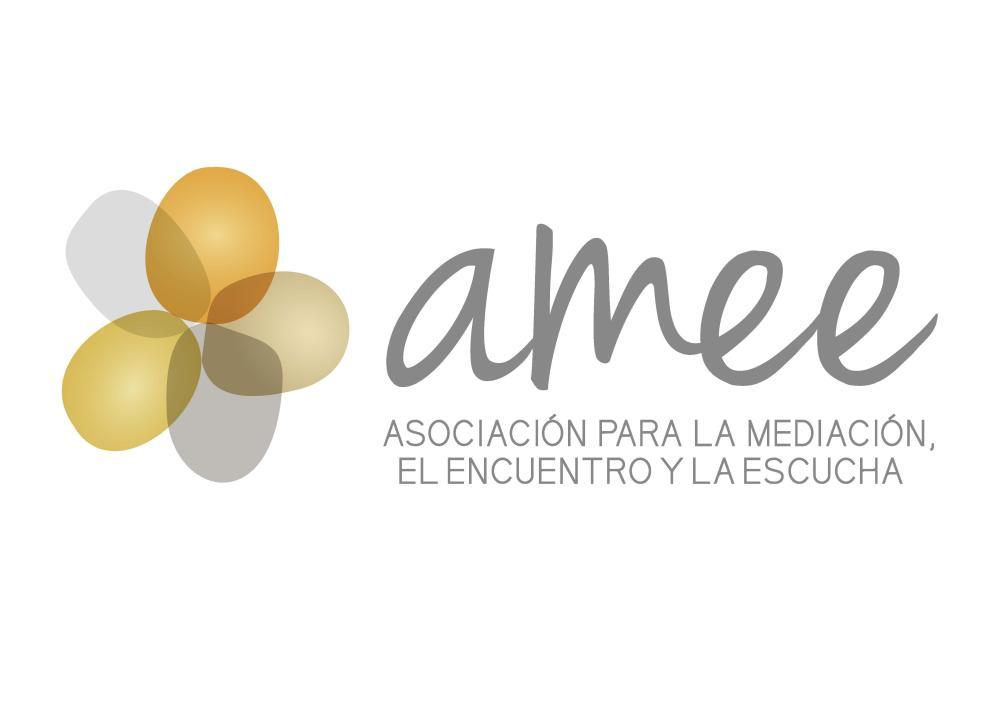
The “Association for Mediation, Meeting and Listening (AMEE)” was established in 2013 as a non-profit entity, with the mission of contributing to a transformation in our society. AMEE helps victims of a crime and its perpetrators to work on the criminal acts suffered and committed, to facilitate Restorative Justice processes to repair and heal the harm done to victims and that offenders take responsibility and understand the harm they have caused enabling their full reintegration into society.

The Juvenile Justice Department of the Catalan Government functions consist mainly of conducting extrajudicial mediation and reparation processes, advising the judicial authorities on the social and personal circumstances of the minors and young people in custody, and executing the measures dictated by the judicial bodies.

Centro Mediación de Murcia is a multidisciplinary team that works in conflict management helping to achieve emotional well-being, restoration and repair. They promote and train in the practice of restorative justice in its different forms like in the school, the community and the administration of justice.

The General Directorate of Justice of the Government of Navarra has among its missions the promotion and coordination of restorative justice and alternative means for the resolution of conflicts within the framework of the Administration of Justice in Navarra, in all phases of criminal procedure.
In Navarra, restorative justice services have been provided since 2006 and since 2020 they have been extended to the field of prisons. We apply a modern restorative perspective in which the participation of citizens and communities in solving their conflicts is guided by the principles of reparation and responsibility.
By joining the EFRJ we want to establish collaborative ties with other countries, exchange experiences and learn together to create a Europe in which all offenders and victims have the right to restore and be restored.

The Andalusian Federation ENLACE is a non-profit organization that unites almost 100 Andalusian entities that work on addictions and other situations of social exclusion.
Their mission is to claim and influence social policies to achieve a more just and equal society through research and participation, training, and development of associated entities. All from a gender perspective.
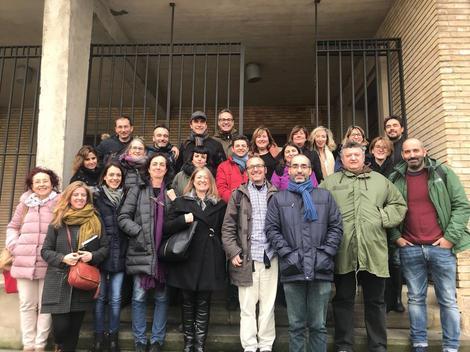
The Spanish Federation of Restorative Justice emerges with a double objective. The first, is the dissemination of restorative justice in the penal and penitentiary field in Spain. The second is the need to coordinate at the beginning, the opportunities in the matter of penal mediation.
In these years of the federation and the absence still, of a regulatory framework, the mechanisms of resolution of the criminal matter have been articulated with the agreements with the General Council of the Judiciary, Prosecutor’s Office, Superior Courts of Justice, some City Councils, such as Madrid, regional governments (such as the Basque Government, Government of Navarre and Government of Aragon), and the General Secretary of Penitentiary Institutions.
The entities that are part of the Federation have managed to consolidate multiple Restorative Justice projects. The added value of the Federation lies in the coordination and support of a network of entities all working on the axis of restorative justice.
At present, the following entities are part of the federation: Asociación ADOSTEN, Asociación Navarra de Mediación (ANAME), Asociación Andaluza de Mediación (AMEDI), Asociación APOYO, Asociación ¿hablamos?, Asociación de Mediación para la Pacificación de Conflictos (AMPC), Asociación para la Gestión Profesional de Soluciones-Solucion@, Prison Fellowship of Spain (CONCAES), Asociación Centro Universitario para la Transformación de Conflictos (GEUZ) and Fundación Berriztu.

The Ramon Llull University, located in Barcelona, is made up of 10 institutions of higher education and research of great prestige. The main object of the URL is to provide qualitative training, centred on the person and the society.
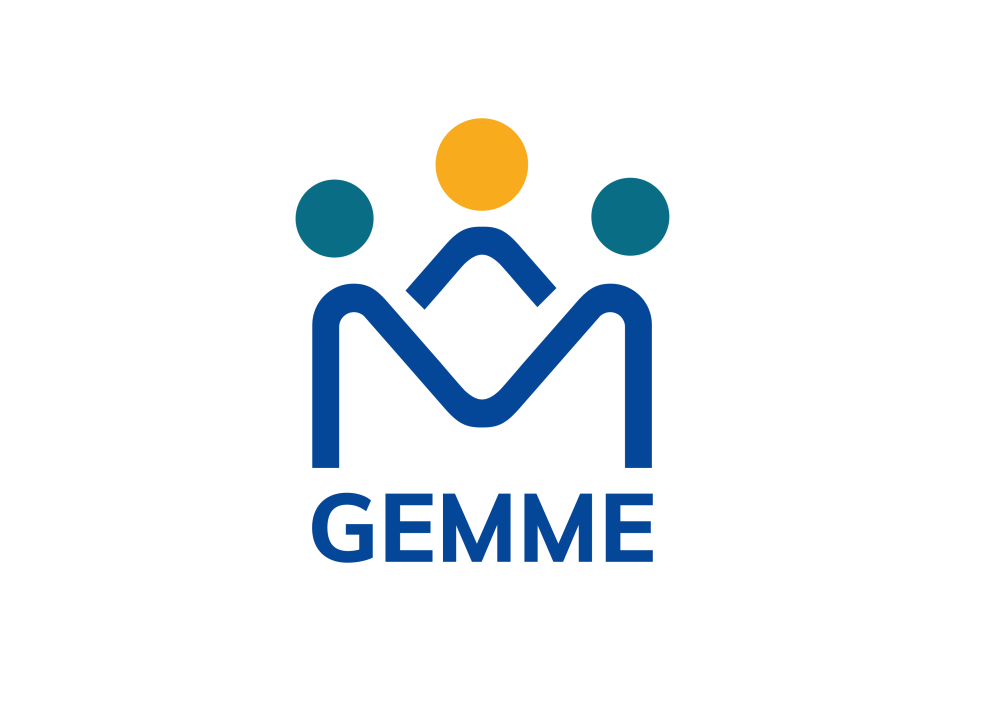
GEMME (European Group of Magistrates for Mediation) is an association of judges, magistrates and other legal and mediation professionals whose main objective is to promote alternative dispute resolution methods, especially mediation and restorative justice, in the courts.
GEMME is an international association at the European level, which is organised by national sections and carries out its activities on a non-profit basis. The Spanish national section (GEMME Spain) is especially active in the dissemination and promotion of Restorative Justice through its president, Carme Guil, Magistrate of the Barcelona Court of Appeal and a benchmark of Restorative Justice in Spain.
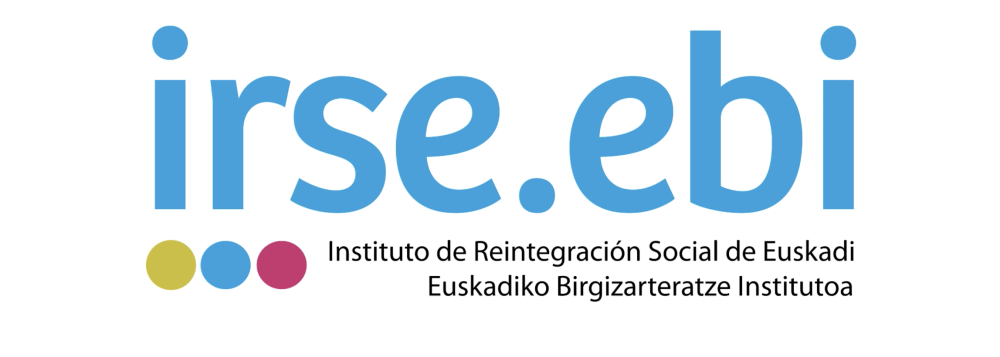
The Basque Institute for Social Reintegration is a non-profit organisation, established in 1987, declared of social interest and since 2021 declared of Public Utility, which develops, manages and implements services of public responsibility in socio-health, psychological and legal contexts, and services of assistance, treatment and social integration for people in situations of vulnerability, lack of protection or social exclusion and their families.
The entity has had to adapt, build and improve its identity day by day, reconfiguring the systems of protection, retribution, conciliation, training or supervision, among others, developing and improving the knowledge and competencies of the workers. We are putting a lot of effort into improving people's competencies and skills, following the needs of the organisation and their expectations of professional and personal improvement. Nowadays it employs more than 500 people.
Our four lines of work are the following: management of justice services for adults, both victims and perpetrators; intervention with minors in a situation of lack of protection; management of programmes for inclusion and community intervention; residential care, in various forms of intensity for minors and young people subject to juvenile justice.
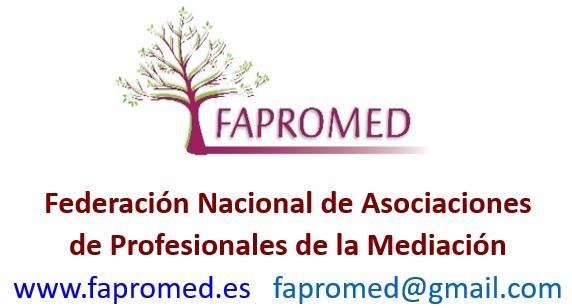
The National Federation of Associations of Mediation Professionals works in the articulation of associations dedicated to the prevention and management of conflicts throughout the Spanish territory to promote social and professional recognition; disseminate, raise awareness and promote Mediation and other MASC such as restorative justice in society; being a meeting place for the different associative realities of the profession, cooperating in the creation of associations and promoting study, research and training regarding matters that affect professional practice.
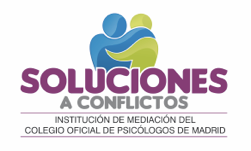
The mediation Institution “Solutions to Conflicts”, from the Professional Association of Psychologists of Madrid, was created in 2012 in Madrid (Spain), aimed to promote, communicate, disseminate and develop mediation as an alternative and complementary method of conflict resolution, and to support and promote the professional practice of mediator psychologists in both public and private environments, believing that Psychologists, due to their training and experience, are especially skilled to act as mediators in conflicts in which, often, the great emotional burden lies behind.
Since 2016, an Intrajudicial Mediation Programme in the courts of Madrid has been running, with goals aimed at the judicial system (bringing a new approach and new tools related to restorative justice), the citizens (bringing justice close, and the perceived usefulness of it) and affected parts, delivering a satisfying method to the victims and reinforcing the educational value of verdicts, consisting of a criminal mediation service offered by trained psychologists.
We also offer mediation services in different fields (family, business and organizations, community, health and education) and specialised and continuous training for professionals. By joining the EFRJ we want to be in touch with institutions and experts that work on Restorative Justice, to share knowledge and collaborate on common projects.
Contact: María del Rocío Gómez Hermoso (Chair)


The Oñati International Institute for the Sociology of Law (IISL) Foundation is a non-profit, academically oriented organisation that was established in Oñati, Gipuzkoa, Spain, in 1988 by the Government of the Basque Country and the Research Committee on the Sociology of Law (RCSL) of the International Sociological Association (ISA).
From the beginning, the Institute created academic links and collaborative relationships with various European and non-European universities, providing facilities for seminars, workshops, visiting professors and library research.
Nowadays, the IISL runs several programmes, such as the International Master in Sociology of Law, an official degree of the University of the Basque Country (UPV/EHU); workshops, conferences, and publications in the field of legal sociology.
Its headquarters and central services and its library, specialised in legal sociology, are located in the former University of Oñati. In addition, the IISL offers its users and visiting scholars the possibility of staying at the Antía Residence, a historical building from the 18th century, located in Plaza Santa Marina, nº 5, in the heart of Oñati.

Is a court-based mediation service set up by the Spanish Ministry of Justice as
a pioneer experience in the Superior Court of Justice of Murcia (Spain). It became operational in November 2013 as a pilot experience, and it is already a consolidated service integrated into the Judicial Office itself.
It offers mediation to the Courts of the City of Murcia in various fields (family, civil, litigation-administrative) and specifically, in criminal matters, as a Restorative Justice Service. It is integrated into the Justice System itself to offer victims a space in which to be heard and repaired and to the perpetrator a space in which to express and be able to take responsibility for their actions, with an educational, reintegrating and peacemaker function in society.
Located in the City of Justice is led by a Judicial Counselor 1, it has 5 mediation
rooms and is equipped with 2 processing officers. Includes the participation of the
Civil Society, has the pro bono collaboration of more than 100 external mediators. In particular, there are 26 mediators in criminal matters. It strives for co-mediation, multidisciplinary mediation, supervision and teamwork.
It was awarded the Quality of Justice Award 2015.

The Alonso Martínez University Institute of Justice and Litigation was created in October 2001, as the Own Center of the Carlos III University of Madrid.
One of its main activities is the realization of research projects and the articulation of research teams and groups.
The Institute has experience in the realization of postgraduate Masters, seminars, conferences, both national and international and round tables, and activities that contribute to the dissemination of scientific knowledge.
Header photo by Jorge Fernandez